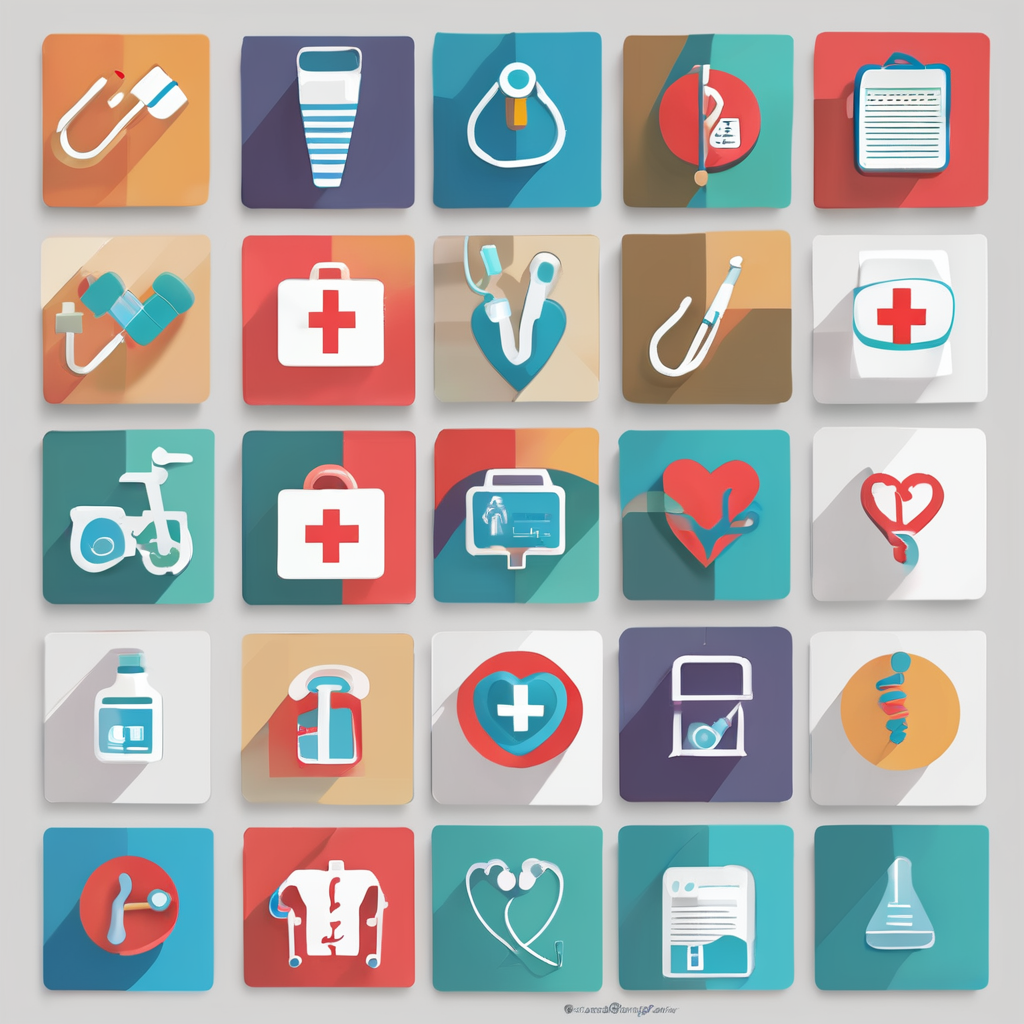Wondering if your restless mind signals anxiety or just everyday stress? This quick test helps you gauge your anxiety levels using trusted methods, offering clear insights and practical guidance. Understanding these signs empowers you to take the next steps toward well-being, whether that means self-care or professional support.
Self-assess Your Anxiety: Quick, Evidence-Based Testing for Insight and Guidance
Fast, Reliable Self-Assessment for Every Situation
Anyone feeling tense, restless, or constantly worried can quickly check their symptoms using clinically validated anxiety screening tools. Options such as GAD-7, BAI, PHQ-9, and DASS-21 offer a brief, science-based way to measure anxiety levels, identify patterns, and evaluate symptoms—all at no cost. For those wanting instant feedback and a structured approach to self-assessment, take this anxiety test.
This might interest you : Is the UK’s Approach to Healthcare Financing Sustainable for the Future?
These quizzes measure a range of symptoms, from mild nervousness to persistent panic, so you can understand if what you’re experiencing exceeds everyday stress. Each test provides step-by-step prompts—simply answer questions honestly about feelings, physical symptoms (like sleep issues or racing heart), and recent moods. Results are available immediately with a score breakdown, helping you see whether your anxiety levels are minimal, moderate, or severe.
Privacy and data security remain a priority. Only anonymous summary data is stored, ensuring your personal details are protected while still helping improve test accuracy for everyone. If your result suggests significant anxiety or if symptoms disrupt your daily life, it’s always advisable to consult a qualified health professional for support and further guidance. These free tools bring insight without replacing medical advice.
Topic to read : Take this fast quiz to identify your anxiety severity
Interpreting Your Scores and Spotting Key Anxiety Symptoms
Understanding Your Anxiety Test Result and Its Daily Impact
Anxiety symptom scoring highlights the number and frequency of anxiety disorder symptoms you may be experiencing in daily life. Tests like the GAD-7 and BAI offer anxiety level measurement by asking how often you feel restless, tense, or unable to control worry. A higher score often signals that symptoms of anxiety evaluation should prompt further action or discussion with a professional. It’s important to view these results as a guide: use them to observe patterns rather than as a clinical label.
Common Symptoms Screened: Physical, Cognitive, Emotional Signs
Self-assessments systematically review symptoms of anxiety evaluation across three main areas. Physical signs can include trembling, muscle tension, or rapid heartbeat. Cognitive symptoms of anxiety evaluation are persistent worries, trouble concentrating, or intrusive thoughts. Emotional aspects often surface through irritability or overwhelming dread. Anxiety symptom scoring structures these observations, giving you a framework to recognize your main struggles.
Distinguishing Everyday Stress from Clinical Anxiety
Anxiety disorder symptoms overlap with normal stress, but anxiety intensity measurement can help clarify the difference. Persistent, intrusive symptoms, especially those affecting sleep, work, or relationships, raise concern. Anxiety level measurement tools are essential for understanding when discomfort becomes disruptive. Reviewing your results with a trusted practitioner ensures the most accurate interpretation.
Next Steps: Reliable Resources and Pathways for Anxiety Management
Trusted online and community resources for ongoing mental health support
Using validated anxiety screening tools provides a foundation for understanding individual anxiety symptoms. Platforms like https://anxietychecklist.com/anxiety-test deliver free, clinically recognized options such as the GAD-7, helping adults assess levels of generalized anxiety disorder safely and privately. Accessible anxiety and depression free screening tools guide users to relevant next steps, while ensuring anonymity and data security. These resources extend beyond self-screening—offering directories, therapy locators, and community support as part of a comprehensive mental health network.
When and how to seek professional help
A positive result on an anxiety test for adults or a clinical anxiety assessment suggests it may be time to consult a licensed professional. Reliable mental health support resources advise individuals to bring their anxiety assessment for general practice or test results to their healthcare provider. This enhances diagnostic accuracy and supports the creation of effective treatment plans tailored to each person’s experiences.
Practical self-care and evidence-based techniques for managing anxiety symptoms
Building self-awareness through anxiety treatment self-assessment empowers practical action. Cognitive-behavioral strategies, mindfulness, regular exercise, and peer support can all help ease anxiety. Combining self-help with guidance from mental health support resources boosts resilience, helping individuals better manage their anxiety over time.



